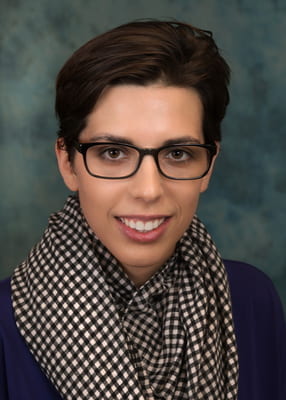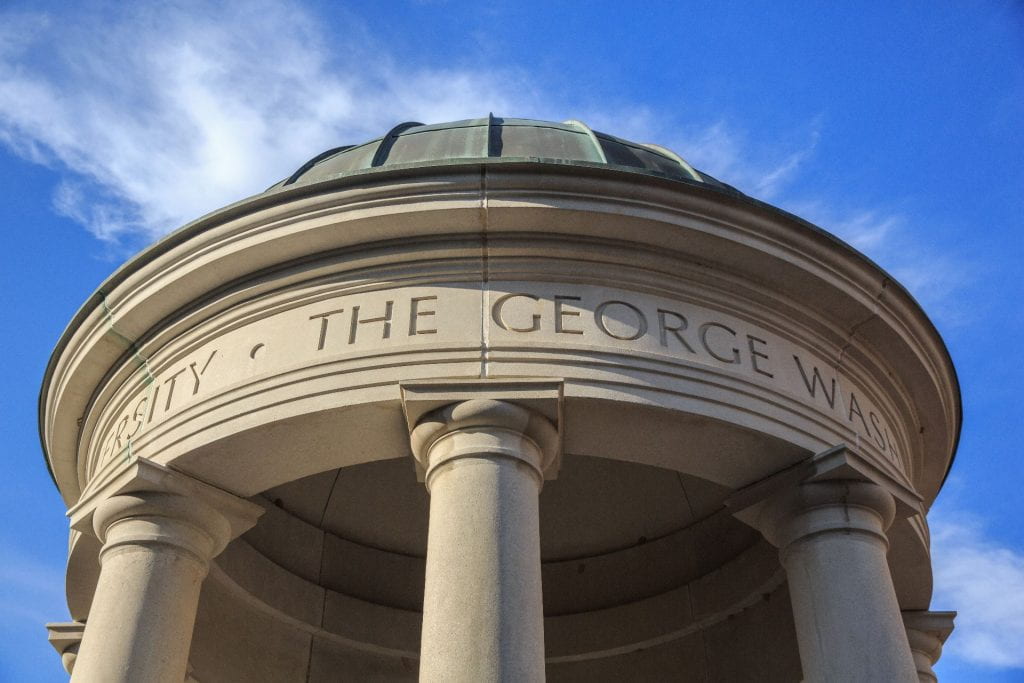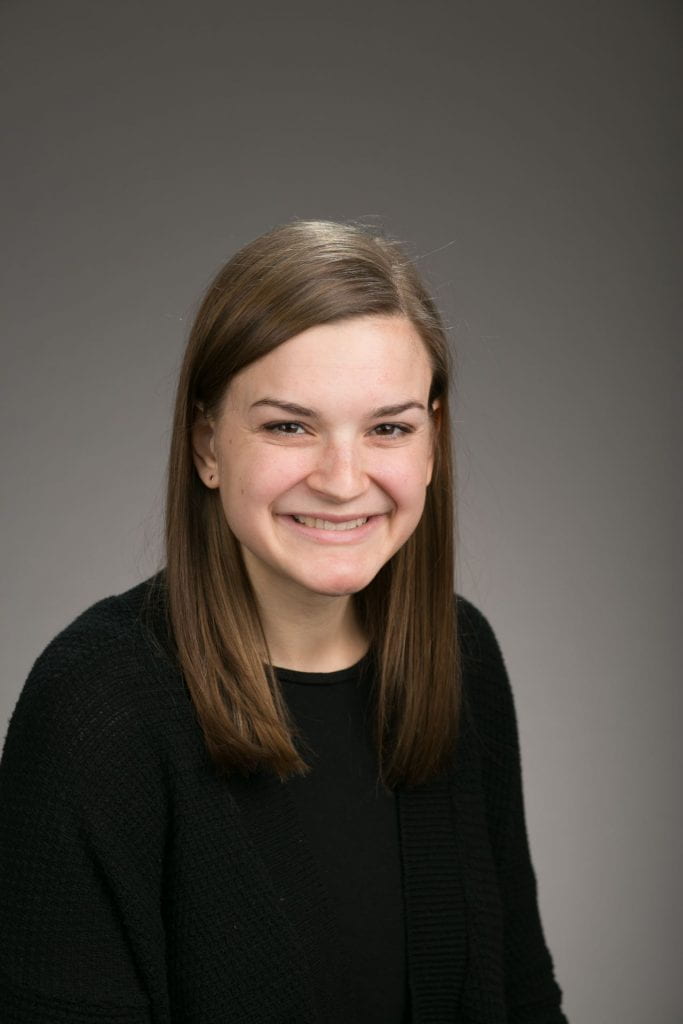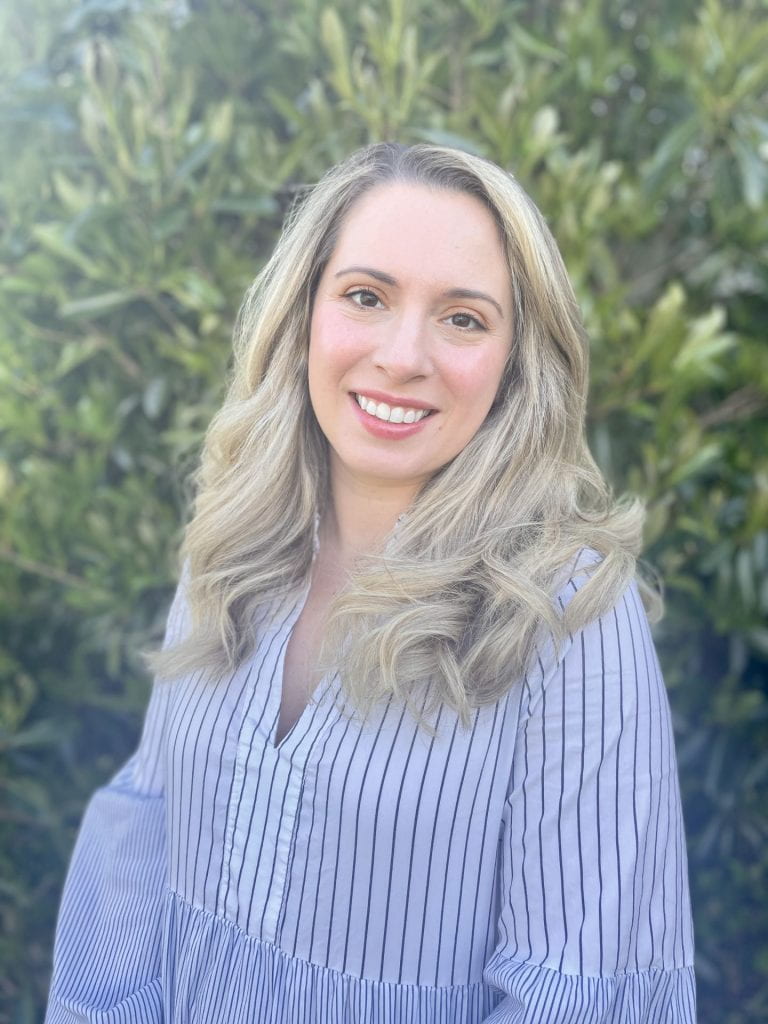Publishing CareerBuilder: Scholarly Publishing Journals and Your Career
Friday, March 22, 2024, 4:00 – 5:00 PM ET
Eventbrite: RSVP
As publishers, we develop expertise in publishing the work of others, in acquisitions, editorial management, peer review, and in myriad roles that add value to authors and extend scholarship. In our upcoming Publishing CareerBuilder, we will explore the impact of getting involved with and contributing to publishing journals. We’ll discuss the benefits of writing for and publishing an article in publishing journals, serving as a peer reviewer, serving on an editorial board or as Editor-in-Chief. Join us as we explore the impact these activities can have on one’s career and the impact these journals have on the publishing ecosystem. Our webinars in the popular Publishing CareerBuilder series focus on career opportunities, publishing roles and sectors, and job search strategies. Publishing your research and articles about publishing forces, issues, and best practices contributes to the advancement of the publishing ecosystem and has a positive impact on your career.
EIC’s and managing editors of the Journal of Electronic Publishing, Learned Publishing, Publishing Research Quarterly, and the student-managed GW Journal of Ethics in Publishing will share their experience as well as ways that you can get involved.
Panelists
- Dr. Alyssa Arbuckle, Co-Editor, Journal of Electronic Publishing; Cluster Co-Facilitator, INKE Partnership
- Tia Gracey, Managing Editor, GW Journal of Ethics in Publishing; Associate Editor, American Political Science Association
- Jocelyn Hargrave, Editor, Publishing Research Quarterly; Lecturer in Publishing, University of Derby
- Lois Jones, Editor-in-Chief, GW Journal of Ethics in Publishing; Peer Review Director, Journals, American Psychological Association (APA)
- Jodie Martire, Associate Editor of Publishing Research Quarterly, Ph.D. candidate, University of Queensland
- Michelle Urberg, PhD, MSLIS, North American Editor for Learned Publishing, on behalf of Society for Scholarly Publishing; Client Success Manager, LybLynx
This event is sponsored by GW’s Graduate Program in Publishing,is free of charge, and is open to current and prospective students, alumni,and members or aspiring members of the publishing, library, and scholarly communication community.
Co-moderated by Nicole Mintzand John W. Warren
Bios
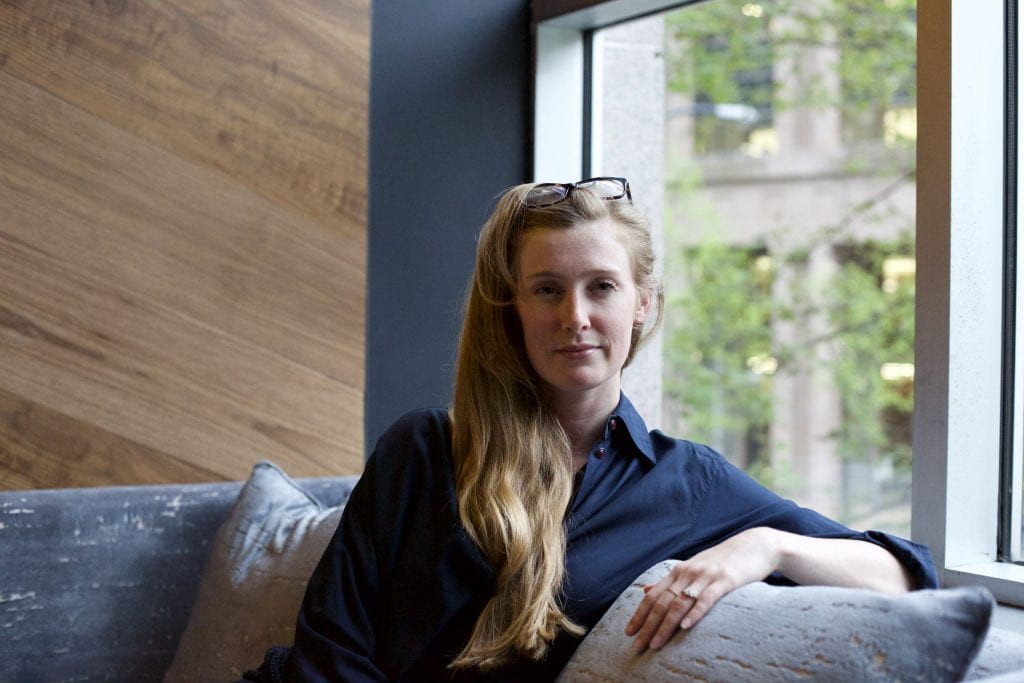
Dr. Alyssa Arbuckle (she/her) is the Co-Editor of the Journal of Electronic Publishing and a researcher with the Implementing New Knowledge Environments Partnership, where she co-facilitates its Connection cluster. Until 2024, Alyssa served as Co-Director of the Electronic Textual Cultures Lab at the University of Victoria as well as Co-Director of the Digital Humanities Summer Institute. Alyssa holds an interdisciplinary PhD from the University of Victoria; her dissertation focused on open social scholarship and its implementation.
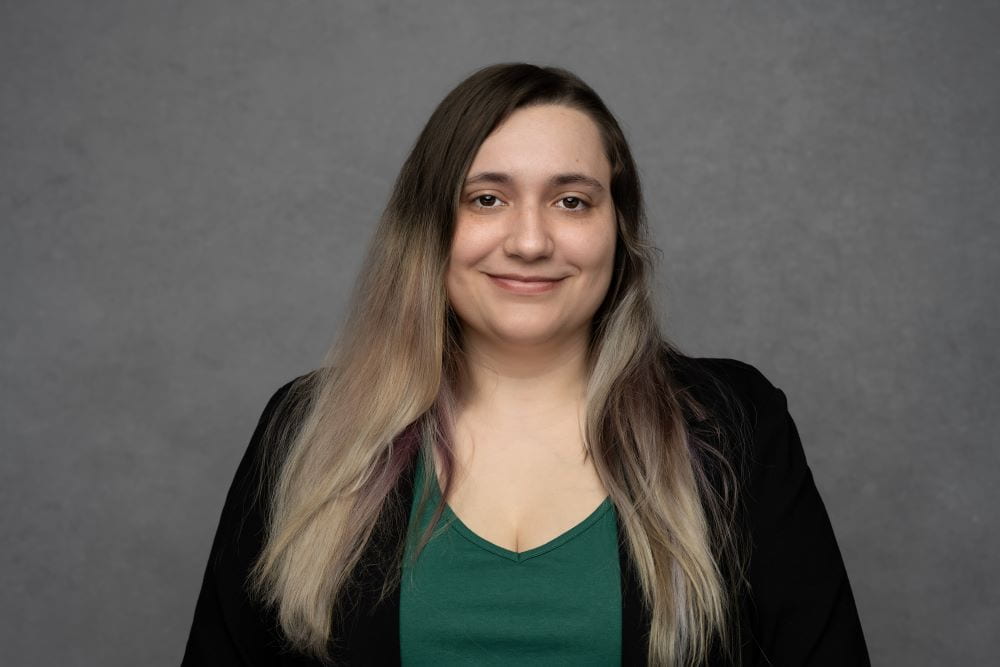
Tia Gracey (she/her) is the Managing Editor for the GW Journal of Ethics in Publishing and the Associate Editor for the American Political Science Association. She has recently earned her Master’s in Professional Studies in Publishing at George Washington University and, before that, earned her Master’s in Liberal Arts at McDaniel College. She enjoys reading, playing video games, and has recently picked up studying Japanese in her free time.
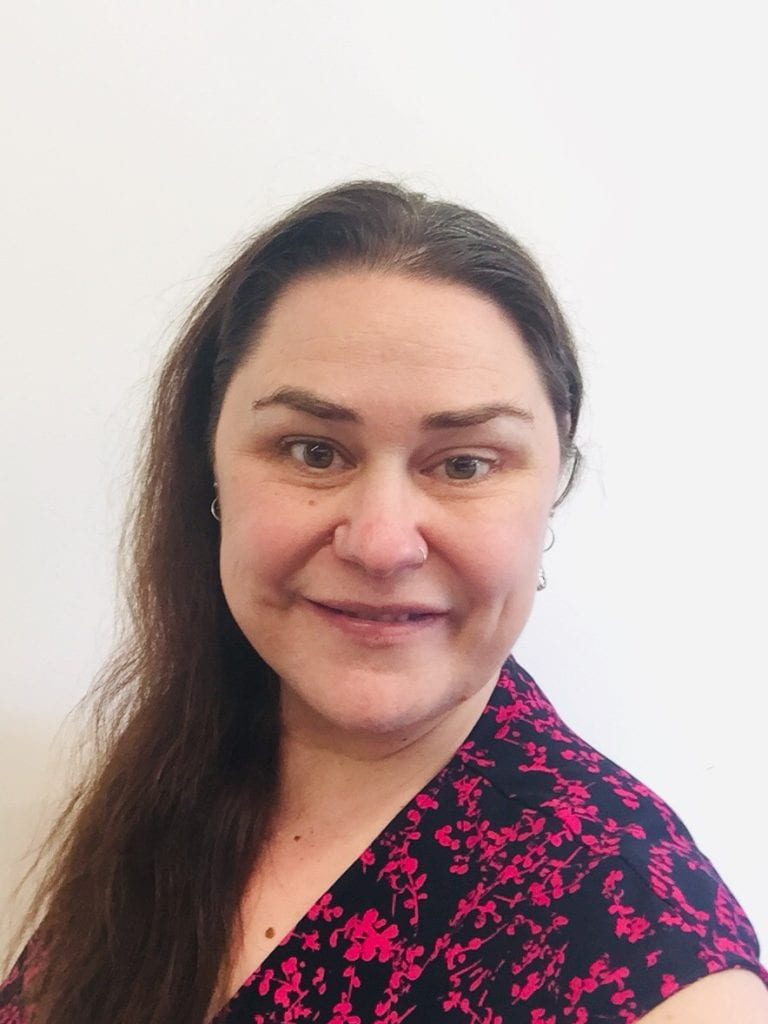
Jocelyn Hargrave (she/her) is an Australian-born Lecturer in Publishing at University of Derby. Her research intersects book history (early modern to nineteenth century), editorial theory and practice, and contemporary publishing studies, with particular focus on educational and academic publishing. She is the author of Teaching Publishing and Editorial Practice: The Transition from University to Industry (Cambridge University Press, 2022), The Evolution of Editorial Style in Early Modern England (Palgrave Macmillan, 2019), and numerous articles published in international journals such as Publishing Research Quarterly, Journal of Scholarly Publishing, Media History and Logos. Jocelyn is a practising editor, with more than twenty-five years’ experience working in the publishing industry; in July 2023, she was appointed Editor of Publishing Research Quarterly.
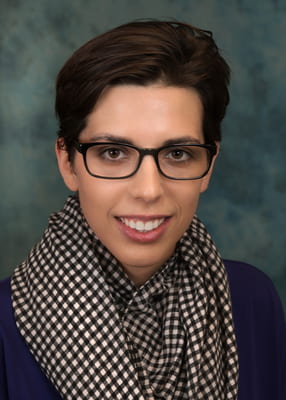
Lois Jones (she/her) is Editor-in-Chief, GW Journal of Ethics in Publishing, and Peer Review Director for the Journals Department at the American Psychological Association (APA), where she oversees the peer review strategy and operations for 90 journals. Lois is focused on ensuring a transparent and ethical peer review process for authors, while providing reviewers and editors with the exceptional support they need in the constantly changing landscape of scholarly publishing. She is a 2014 graduate of the MPS in Publishing from GWU and a 2017 Early Career Fellow for SSP.
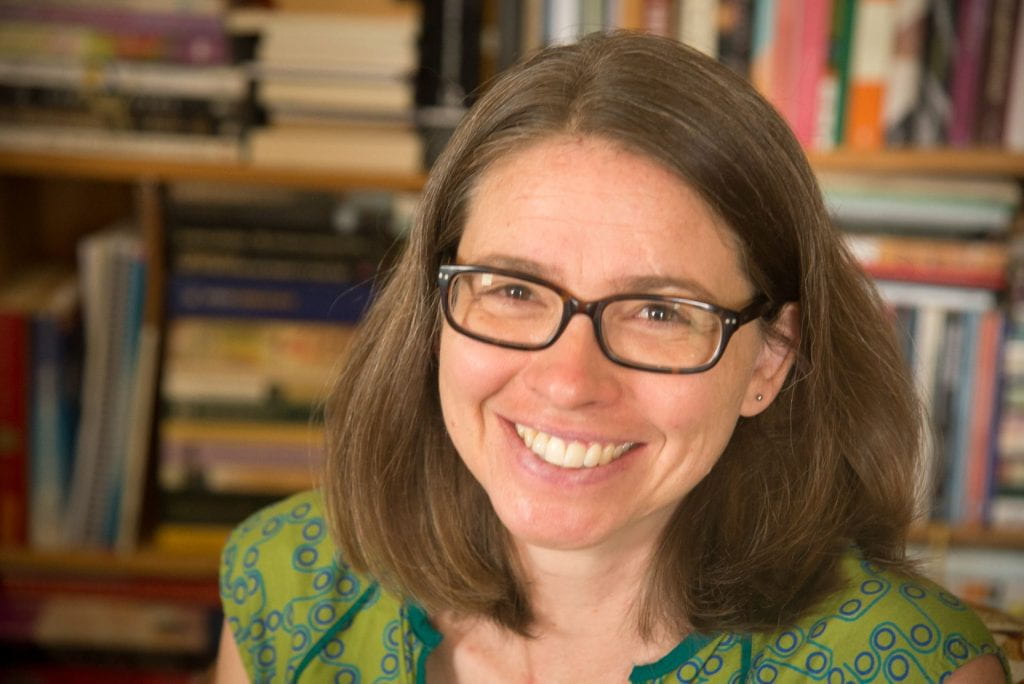
Jodie Martire (she/her) is a PhD candidate at The University of Queensland. Her doctoral research focuses on minority-language publishing in Australia and its role in communities’ defense of their linguistic human rights. She has over 20 years’ experience in the book trade as a writer, translator, editor, publishing manager, and bookseller, and she is currently the Associate Editor of Publishing Research Quarterly (responsible for book reviews).
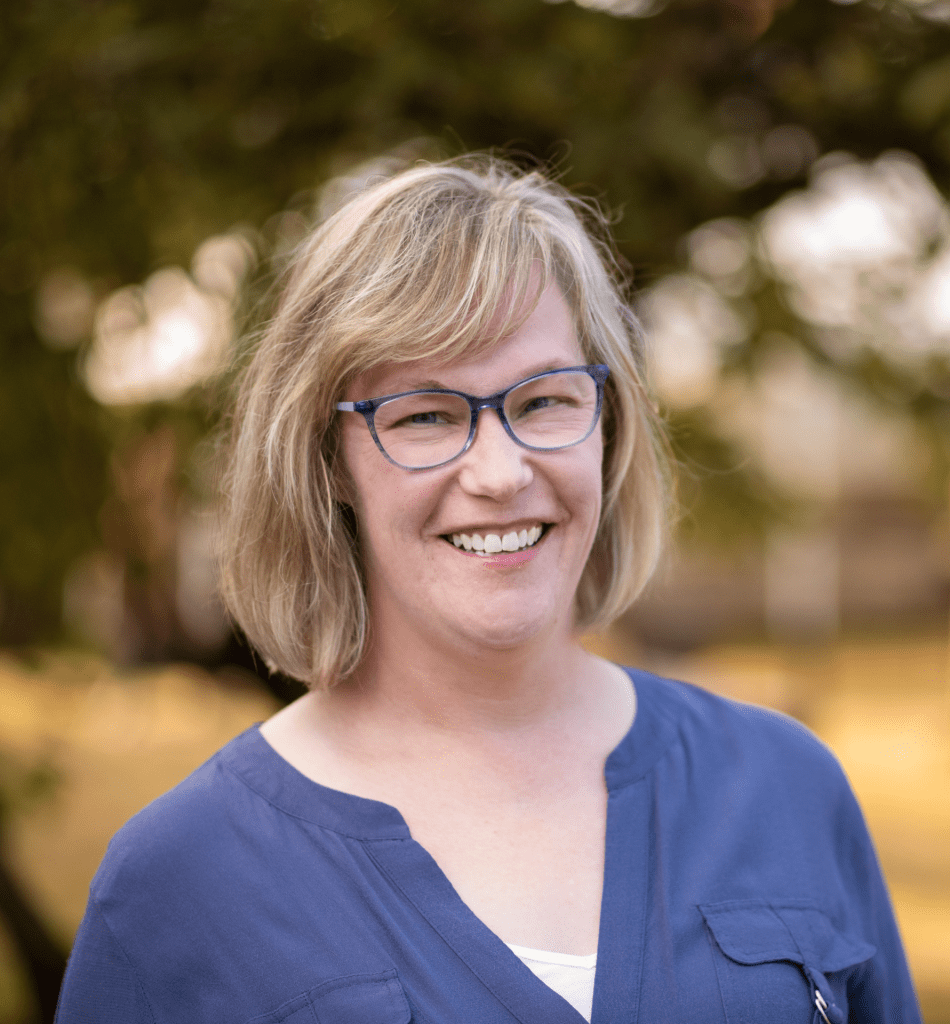
Michelle Urberg (she/her) is a publishing professional, a trained librarian, and a musicologist. She has deep knowledge of metadata standards, metadata creation in the library and publishing software industries. She has worked in academic libraries, as a metadata librarian for the ExLibris business unit of ProQuest (Clarivate), and an Implementation Project Manager for ESBCO Information Services. She is currently an independent consultant and the Client Success Manager for LibLynx and the North American Editor of Learned Publishing. Recent research projects include identifying options for standard identifiers and metadata exchange of audio-visual content and improving metadata for digital humanities projects. Michelle holds a PhD in Music History and a MS in Library and Information Science. She was previously active with Metadata 2020. She is currently active in SSP, NISO, and ACRL. She is an active member of NISOs VAMD working group.
